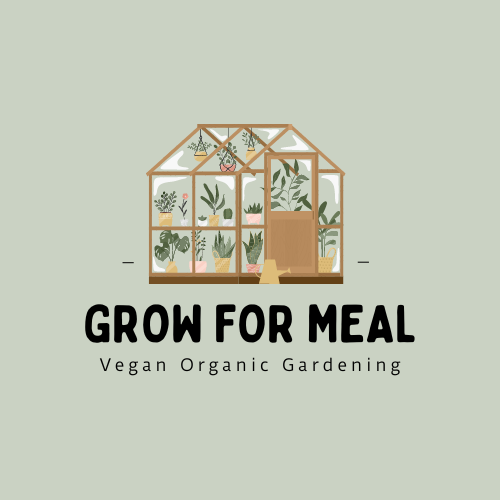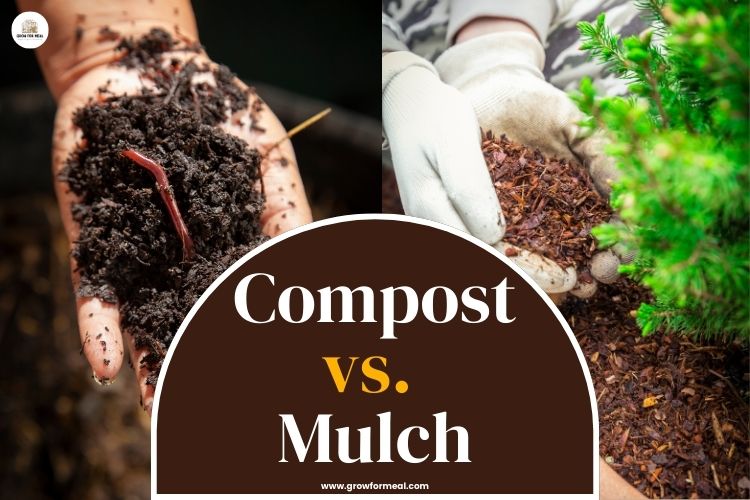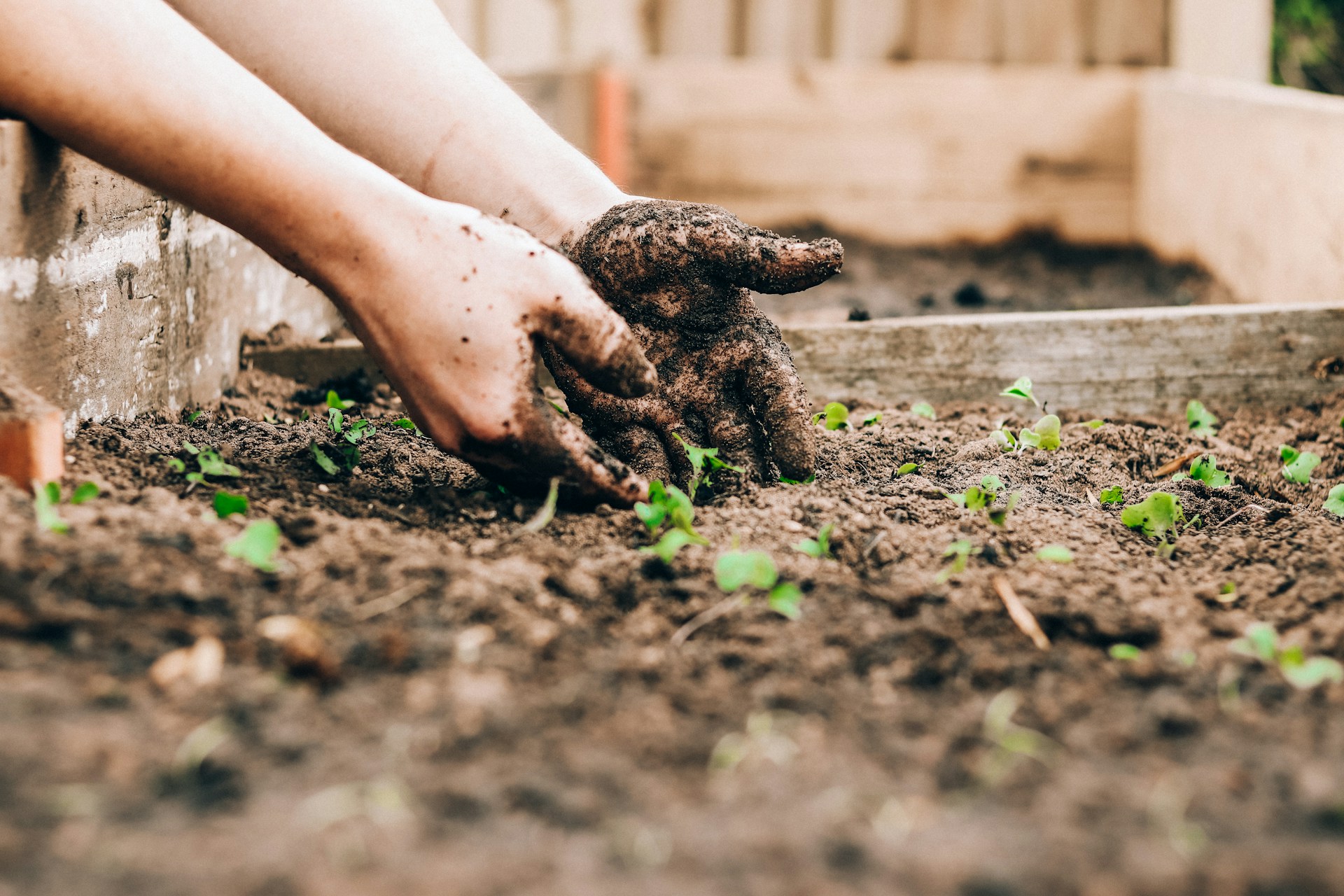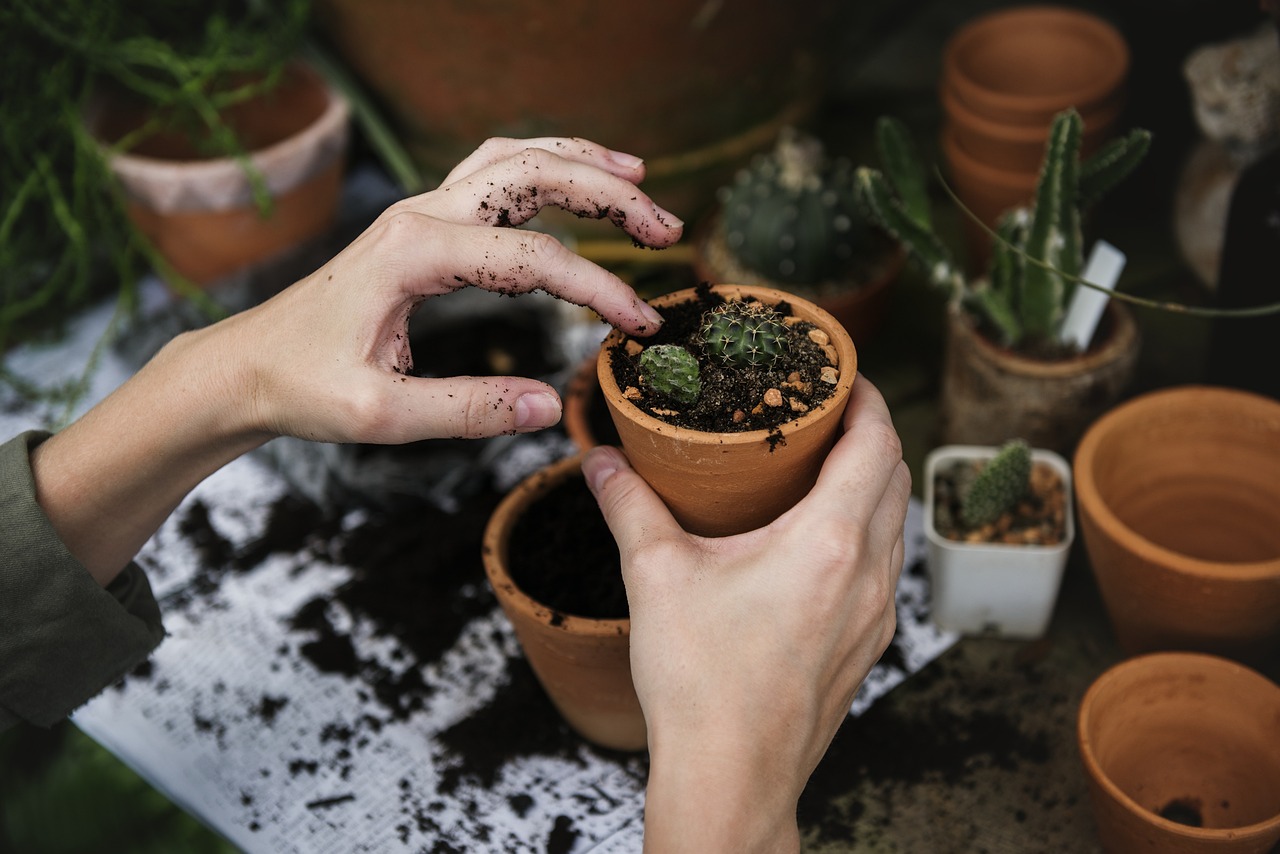It’s no wonder people mix up compost and mulch. Both are essential for a thriving garden, but they serve different purposes. If you want to enhance soil health or shield your plants, knowing the difference is key. This is especially true for those focused on vegan and organic practices.
Compost enriches your soil, providing essential nutrients. In contrast, mulch acts as a protective layer, conserving moisture and suppressing weeds.
Knowing when to use each can lead to stronger, healthier plants and a more eco-friendly garden. Plus, mushroom compost might surprise you with its versatility!
Compost: What It Is and Why It Matters
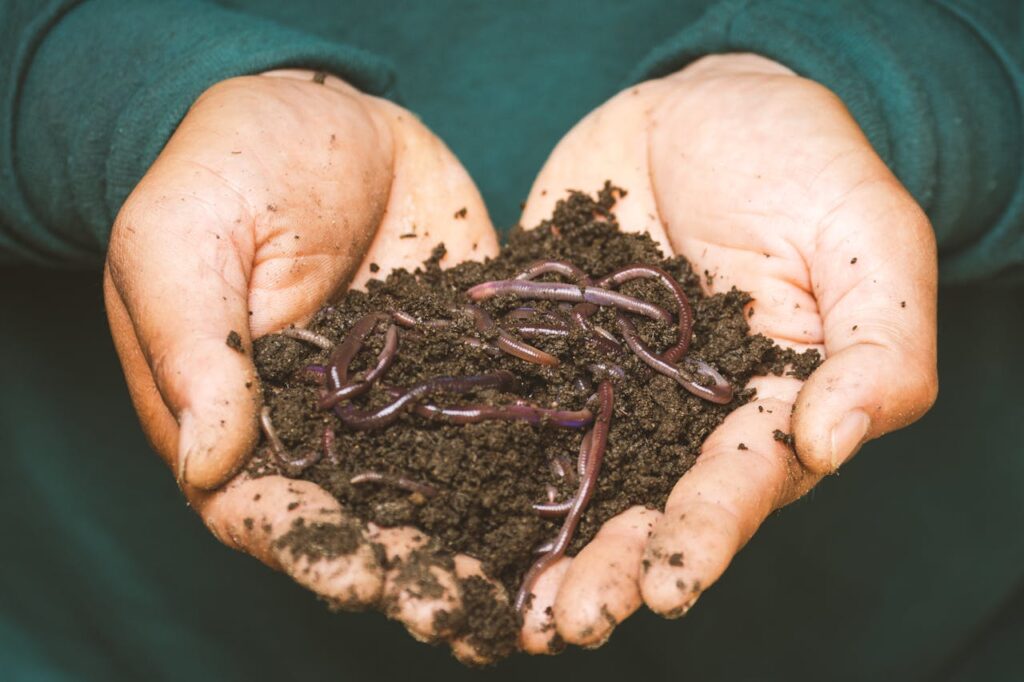
People often refer to compost as “black gold,” and for good reason. Compost is decomposed organic matter transformed over time into a nutrient-rich material.
When you add compost to your garden, you supercharge the soil with essential nutrients like nitrogen, phosphorus, and potassium.
These nutrients improve soil structure, helping plants develop strong, healthy roots.
In organic gardening, compost is indispensable. It lays the groundwork for fertile soil without the need for chemical fertilizers. By breaking down everything from kitchen scraps to garden waste, compost creates a thriving environment for beneficial microbes.
These little helpers speed up natural decomposition and enhance soil quality. For vegan gardeners, this means building nutrient-rich soil using eco-friendly, plant-based materials.
You’ll find a few common types of compost, each with its unique benefits. Kitchen scraps, such as vegetable peelings and fruit cores, decompose quickly and provide a consistent nutrient source.
Leaf mold, made from decomposed leaves, is fantastic for moisture retention. Even grass clippings and shredded paper can add diverse nutrients to your compost.
The magic of composting is that it transforms waste into a powerhouse for your garden.
Mulch: A Protective Blanket for Your Garden
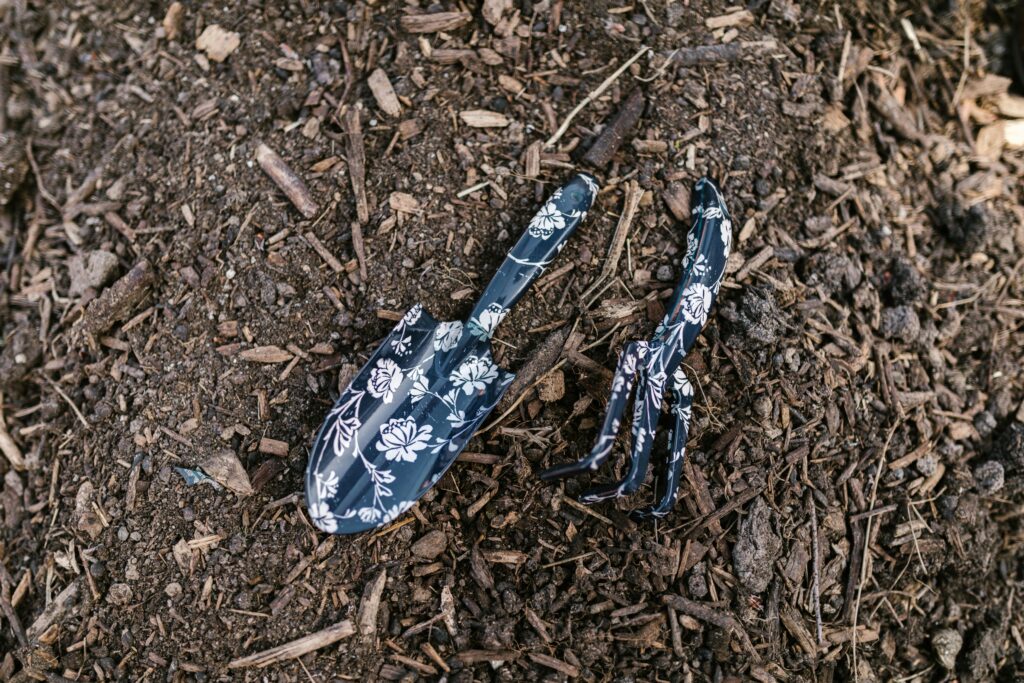
While compost nourishes your soil, mulch serves as a protective barrier. It’s a layer of material spread over your soil’s surface, designed to keep your garden healthy in various ways.
By covering the ground, mulch helps retain moisture, prevents weeds from sprouting, and regulates soil temperature, ensuring your plants’ roots stay cool in summer and warm in winter.
You can make mulch from a variety of materials, each bringing unique benefits. Straw is a popular option because it breaks down slowly, gradually adding organic matter to the soil.
Wood chips provide long-lasting ground cover, especially in perennial beds or around trees and shrubs. Leaves, an easy and eco-friendly choice, are often available in the fall. Once they decompose, they enrich the soil and improve its structure.
Mulch acts as a protective layer that saves you time and effort in the garden. It reduces the need for frequent watering and weeding, making your garden more efficient and resilient.
For those growing a vegan organic garden, choosing plant-based mulches aligns perfectly with eco-conscious values, ensuring your garden remains natural and sustainable.
When to Use Compost vs. Mulch
Knowing when to use compost and when to use mulch can greatly impact your garden’s success. Each serves a specific purpose, depending on your plants’ needs and the season.
Use compost when your soil craves a nutrient boost, especially during planting or when preparing beds for the growing season. In spring, spreading compost on your garden beds replenishes nutrients that winter may have depleted.
For leafy greens, fruiting plants, and root vegetables, compost delivers a rich nutrient source that supports healthy, vigorous growth. It’s also great for reviving tired, nutrient-poor soil that could use a pick-me-up in mid-season.
On the flip side, mulch is your best friend for protecting plants. It’s particularly useful during hot summer months when water can evaporate quickly or in winter when you need to insulate plant roots from freezing temperatures.
For example, applying mulch around your tomato plants in summer retains moisture and keeps roots cool, while mulching in the fall protects delicate perennials through the cold. Plus, mulch helps control weeds throughout the year, sparing you from constant weeding chores.
In a vegan organic garden, using both compost and mulch together can lead to the healthiest, most productive plants.
Apply compost during planting and growing seasons to feed your soil, then cover it with a layer of mulch.
This combination locks in moisture, suppresses weeds, and regulates temperature. It’s the perfect one-two punch to keep your garden thriving all year round.
Compost, Mulch, or Both?
In the end, compost and mulch each play a vital role in creating a healthy garden. Compost enriches your soil, supplying the nutrients your plants need to grow strong and produce abundantly.
Mulch, on the other hand, serves as a protective layer that retains moisture, controls weeds, and regulates soil temperature. Together, they form a well-balanced system that boosts both plant growth and soil health.
If you’re seeking a versatile option that offers the best of both worlds, consider trying mushroom compost. It provides the nutrient benefits of traditional compost while also functioning as mulch, keeping your garden beds insulated and hydrated.
Feel free to experiment with both in different areas of your garden. You may discover that compost works wonders in your vegetable beds, while mulch keeps your perennial borders in check.
Whatever you choose, combining compost and mulch is a simple, natural way to keep your vegan organic garden thriving year-round.

